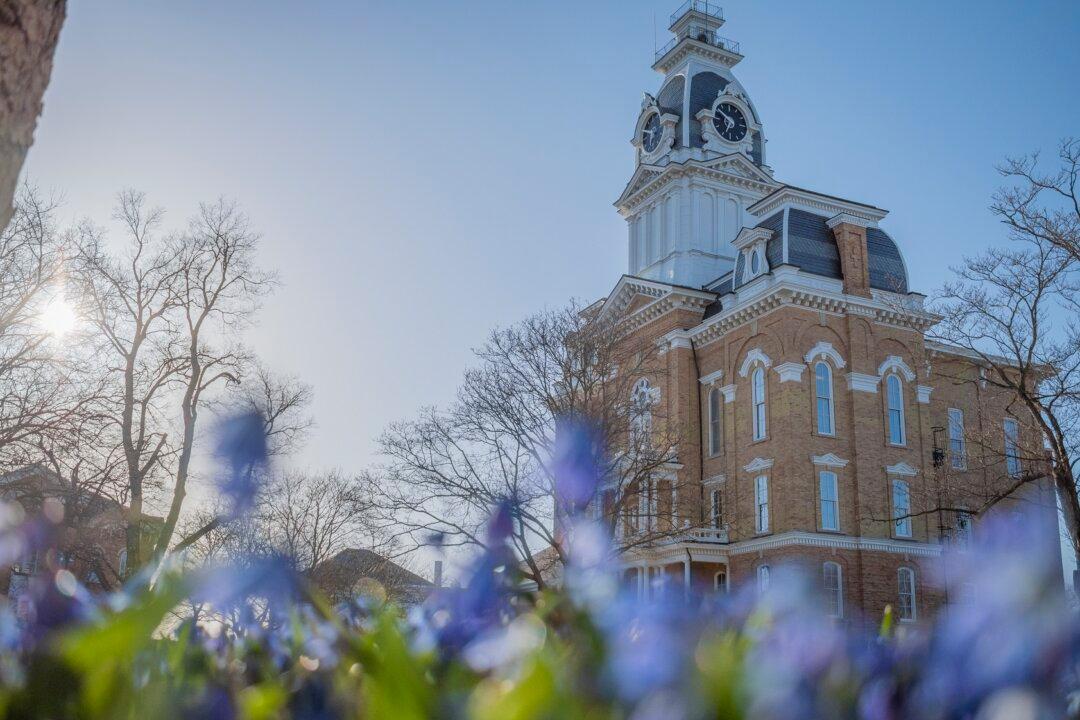Commentary
The news pouring out of the nation’s colleges and universities is grim. Wokeness pervades every discipline. The non-left is being purged from both students and faculty. The vaccine mandate has been a useful tool in that respect. It gets rid of those willing to think for themselves.





